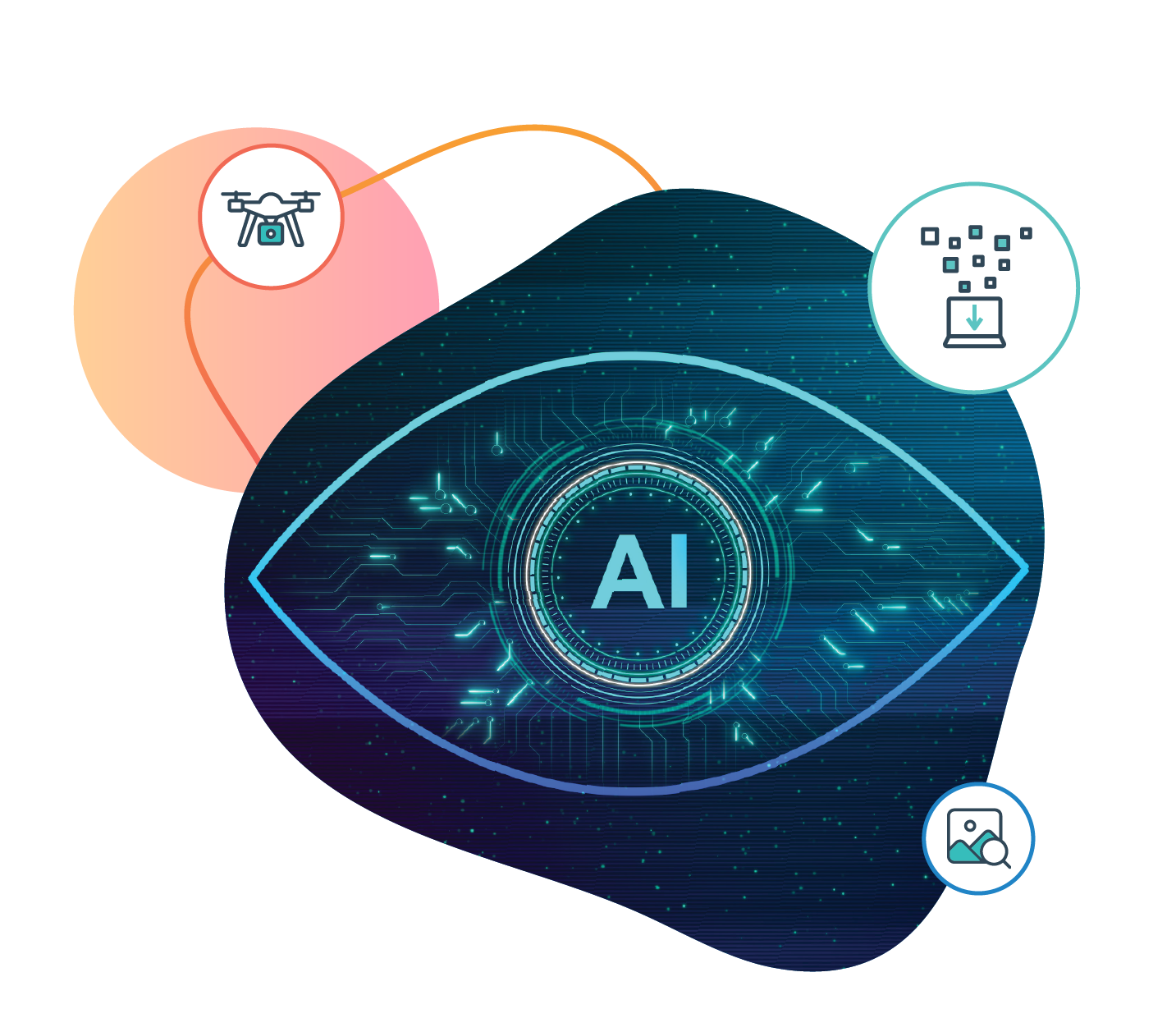5 min read
The Role of Computer Vision Software in Fibre Optic and Utility Field Operations
Computer vision applications are vast and varied, impacting industries ranging from manufacturing and automotive to energy and utilities. The...
4 min read
 ServicePower
:
December 28, 2023
ServicePower
:
December 28, 2023

Understanding the value, risks, and necessary precautions of AI applications may seem overwhelming. For organizations with field service operations, resisting fatigue and making timely investment decisions is critical. Now more than ever, remaining competitive and attentive to customer expectations requires AI-driven technology. This isn’t the time to hit the snooze button.
Service organizations need to know the facts about AI technology so they adequately protect their brand while pleasing customers. The boost in profitability will be welcomed, too.
Big dollars are at stake.
The AI pipedream is enticing—and confusing. It’s hard to ignore the noise, and equally challenging to decide how it relates to your field service organization (FSO), big or small.
Everyone wants to enjoy the benefits. As HubSpot's Kip Bodnar puts it, "AI is going to commoditize and disrupt so many businesses that the way to prevent that is to be very bold and move forward to embrace AI as quickly as possible."
AI isn’t new. AI algorithms are at the core of a vast variety of apps we use every day, from ones that recommend binge-worthy programs to ones that predict ideal dating matches. But 2023’s proliferation of new AI-driven use cases, some with ethical repercussions, has escalated the hype to epic proportions. For field service organizations, benefits can outweigh concerns. In the complex role of scheduling and dispatch, for example, AI can be very valuable in optimizing schedules, quickly assessing multiple factors, and formulating a plan that benefits everyone. ServicePower’s AI-powered schedule optimization has been called a game-changer, revolutionizing how technicians are assigned to service requests.
Business experts urge enterprises to adopt AI strategies with care and caution. This is especially true in service-centric organizations where customers have high expectations and little patience for technicians arriving late or unable to complete a repair.
The quality of data used in decision-making is always a factor and must be scrutinized for inconsistencies, gaps, or unintentional biases. Poor data yields faulty conclusions. Incomplete data is just as damaging. For example, a scheduling program that considers local traffic patterns when estimating technician arrival time may only have a partial view of the true situation. Weather conditions, time of day, and day of the week can also influence driving times.
After verifying that your data is complete, it helps to know what type of AI technology you want to apply. AI is a broad term that includes different types of applications, simple to complex. Complex solutions, like ones that manage field service operations, can involve multiple types of AI applications. Some examples:
Study industry-specific resources.
Every industry has its experts and solutions. AI applications tend to be very industry-specific, tailored to specific needs for automation, analytics, or data-based insights. Anyone jumping into the AI discussion needs to look to their industry leaders for guidance. The field service industry is highly specialized with unique applications. Some organizations, like ServicePower, are recognized for their innovation and leadership roles in fine-tuning the technology.
Resisting AI fatigue and taking a closer look at relevant applications is well worth the extra effort. AI-assisted functionality can help service-focused organizations analyze workforce achievement, forecast demand, and optimize scheduling. AI can calculate the best route to arrive at a customer’s location or estimate how long to allow for a service call. AI can also help flag potential service requirements that a technician may need to know, such as a part that has been recalled and needs to be replaced.
Internal operations can also be improved. Anticipating peak service periods can help managers know when extra technicians may need to be on call. Improved productivity helps employees focus on high-yield activities, such as delving into exceptions or building relationships with customers. For field technicians, that can mean more time for advising customers on upgrades or recommending warranty packages.
Five tips for your effective AI strategy.
Here are five tips for moving forward with adopting AI applications with confidence:
Next steps
Although AI fatigue can cause companies to tune out, overwhelmed with the flood of AI information, it’s important to persevere and make well-informed decisions, and seize opportunities when they arise. Many field service professionals are optimistic and confident about the future of AI. Schedule optimization is particularly recognized as a highly valuable AI application, yielding impressive gains in productivity. This use case is rapidly gaining momentum, putting those who delay adoption at a competitive disadvantage. Those who lead can make gains in market share and customer loyalty.
A recent study says 43% of field service organizations expect to use AI to enhance optimization in the near future. You, too, can be one of these forward-thinkers who are alert and actively engaged in AI opportunities. Don’t close your eyes to the opportunities.
Looking to get ahead in 2024? Learn about the ten trends we think will dominate the field service industry, including AI, in 2024.

5 min read
Computer vision applications are vast and varied, impacting industries ranging from manufacturing and automotive to energy and utilities. The...

Images have become a universal language. From documenting personal moments to powering professional tools, photos are now central to how we...

It’s no secret that the digital transformation is sweeping through the field service industry. A recent study by Zuper found that 43% of surveyed...